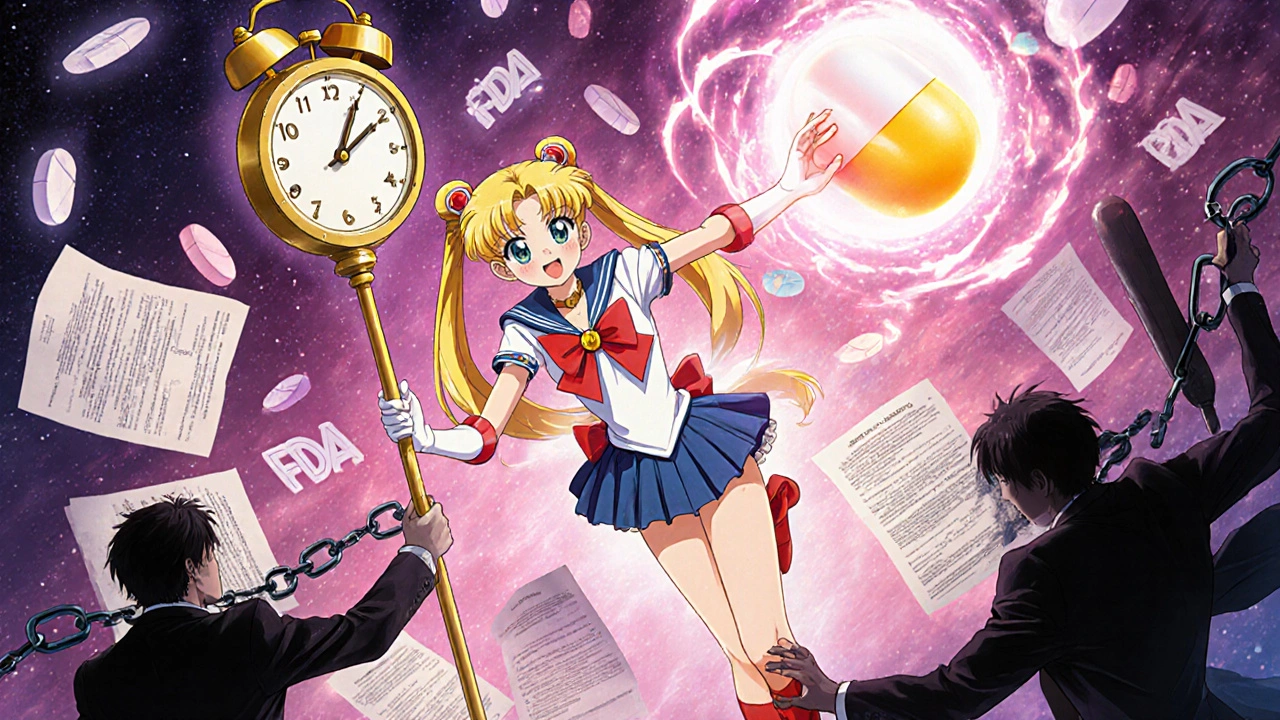Antitrust Laws and Drug Prices: How Competition Shapes Your Medication Costs
When you hear antitrust laws, rules designed to prevent companies from controlling markets and stifling competition. Also known as competition laws, they’re supposed to keep prices low by making sure no single company can corner the market. In the drug industry, that’s critical—because when one company holds a monopoly on a life-saving pill, you pay more. These laws were meant to stop that. But in practice, they’re often bent, delayed, or ignored by big pharma.
Take generic drugs, lower-cost versions of brand-name medications that become available after patents expire. The law says the first company to file for a generic version gets 180 days of exclusive sales. That’s supposed to spark competition and drop prices fast. But instead, some companies use this rule to delay other generics from entering the market—sometimes for years. They file legal challenges, settle with the brand-name maker, or just sit on the approval without selling anything. The result? You’re stuck paying high prices even when cheaper options exist.
This isn’t just about pills—it’s about access. When pharmaceutical competition, the ability of multiple companies to offer the same medication at different prices is blocked, people skip doses, split pills, or go without. The same companies that lobby against antitrust enforcement are the ones pushing for longer patents, pay-for-delay deals, and evergreening tactics—making old drugs look new just to keep profits high.
And it’s not just generics. Even when a drug has no patent left, companies sometimes buy up small competitors just to shut down their competing versions. Or they buy up raw materials to limit supply. These moves are legal, but they’re not fair. Antitrust regulators have the power to stop this—but they’re often slow, underfunded, or politically pressured.
What you’ll find in the posts below isn’t just a list of drug guides. It’s a look at how these rules play out in real life: how the 180-day exclusivity loophole keeps blood pressure meds expensive, how direct-to-consumer pharmacies are bypassing old systems, and why some generics never make it to shelves even when they’re approved. You’ll see how patient safety, drug interactions, and even hair loss treatments are all tied to who controls the market—and how much they’re willing to charge.
These aren’t abstract legal concepts. They’re the reason your prescription costs $300 instead of $30. And if you’ve ever wondered why your medication suddenly got pricier—even though nothing changed about the pill—you now know where to look.
